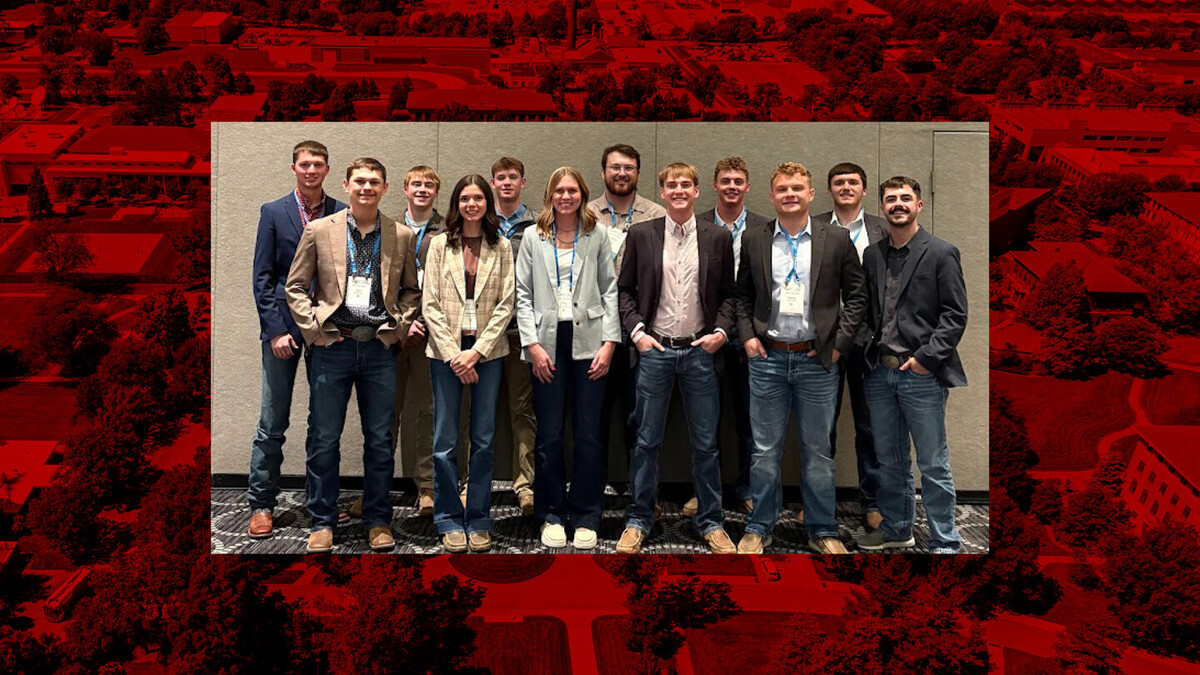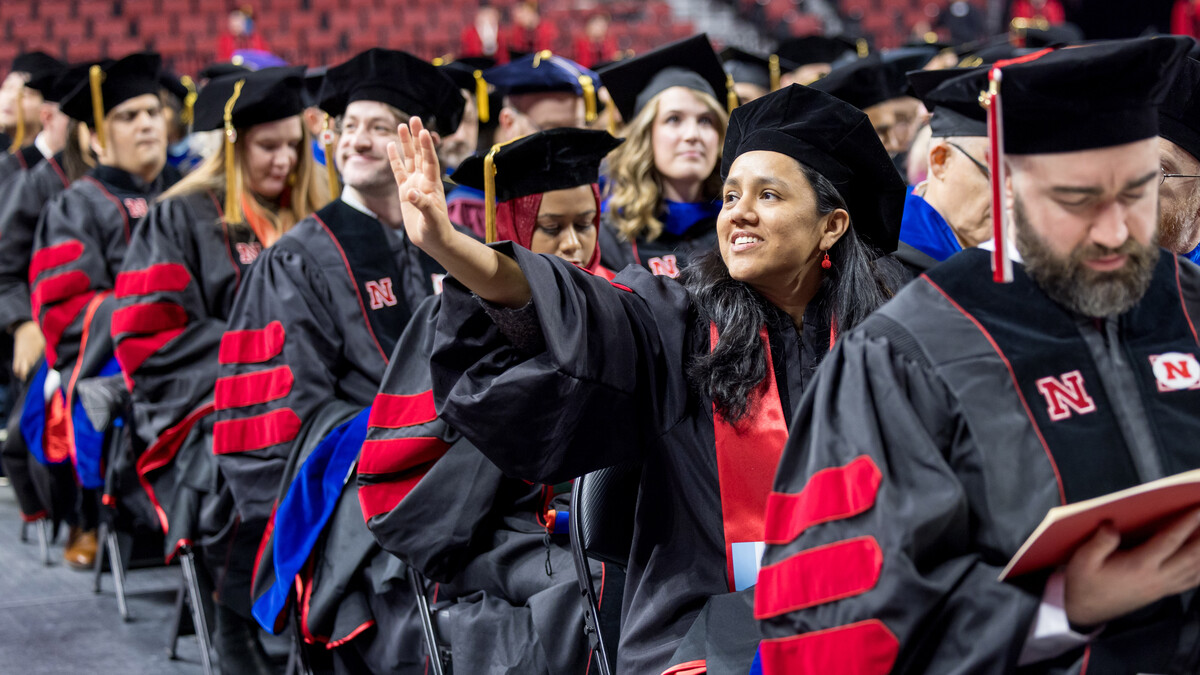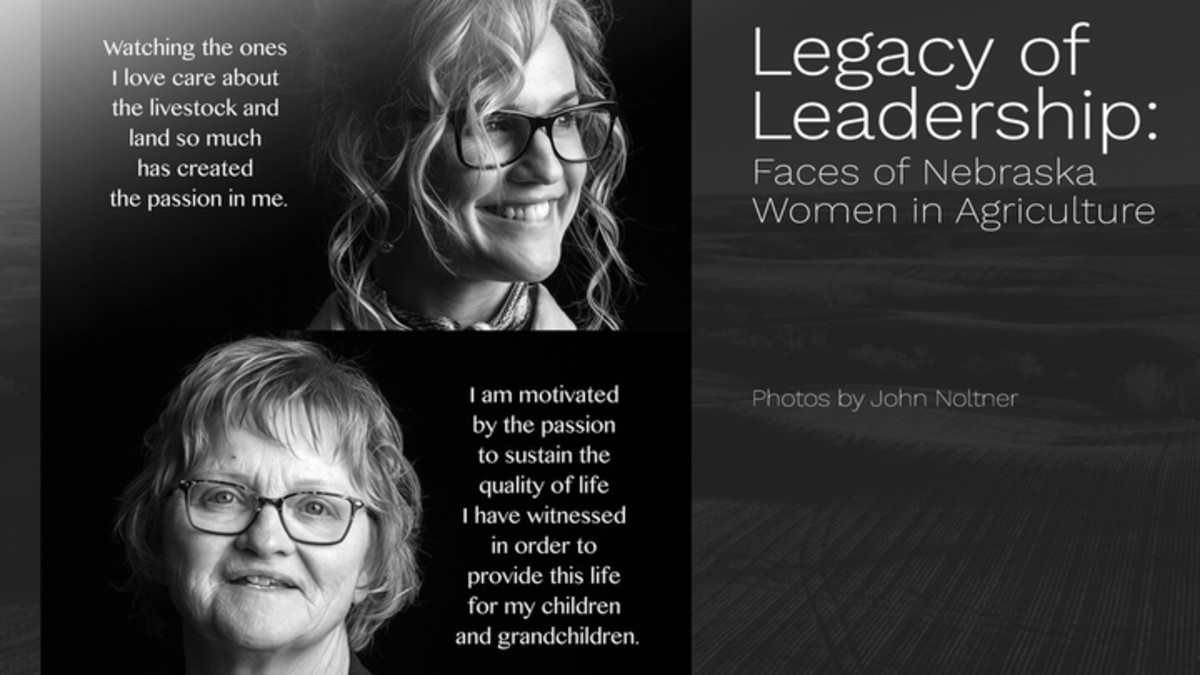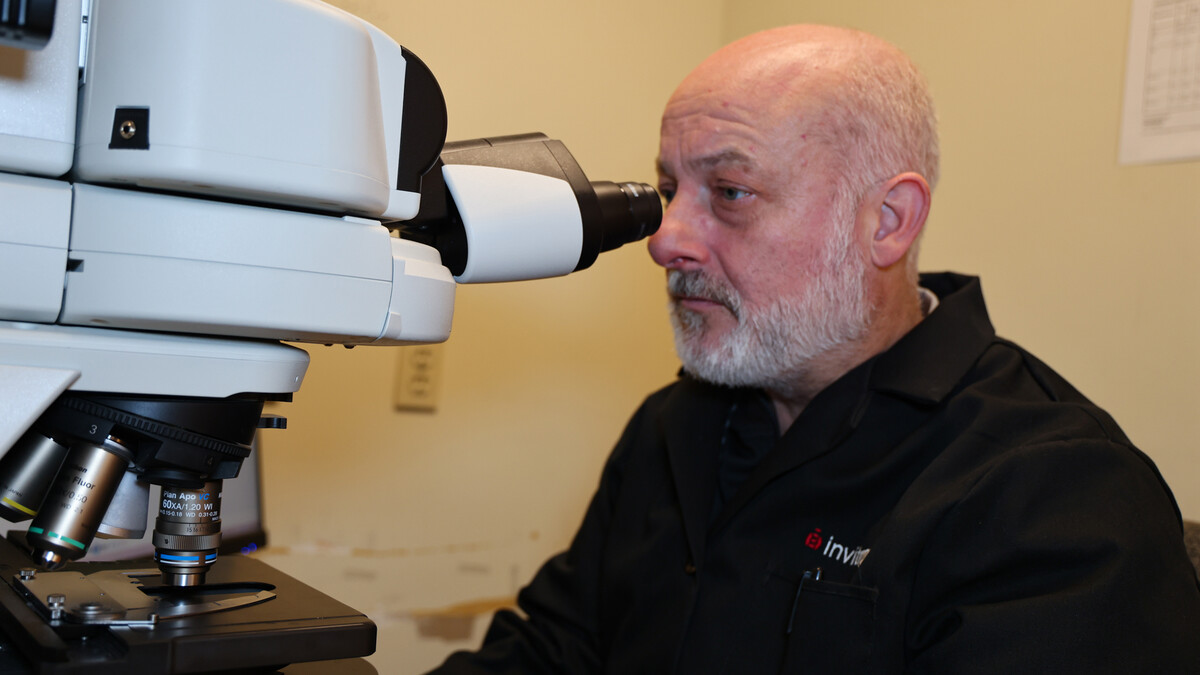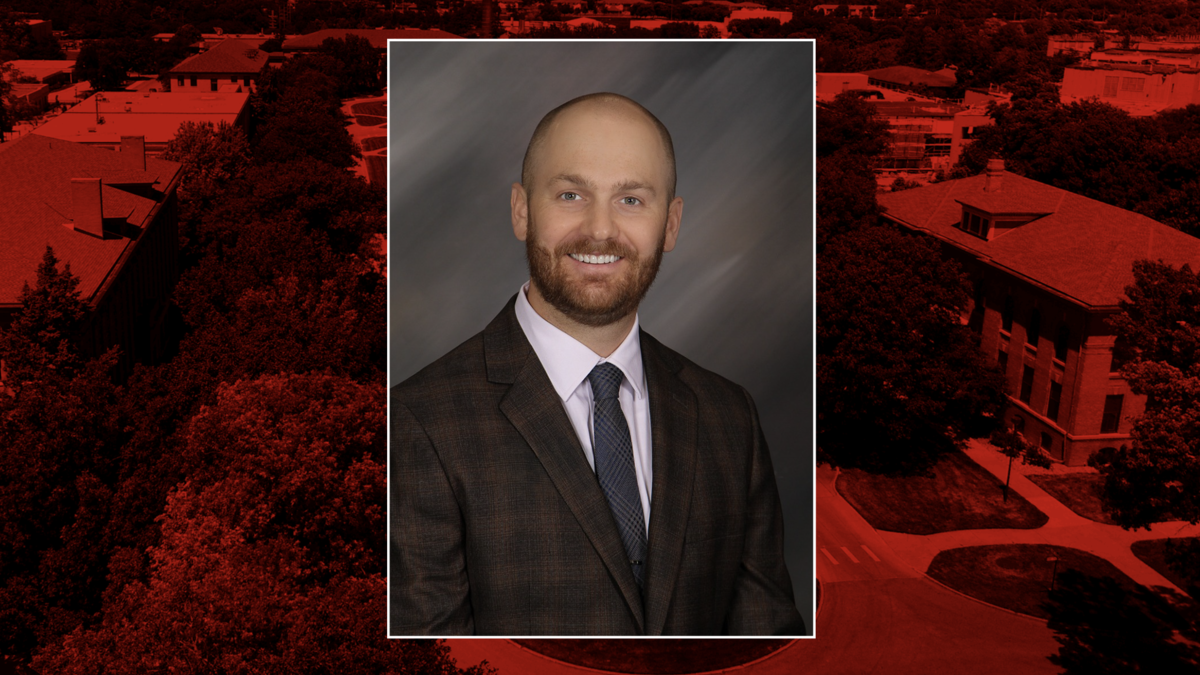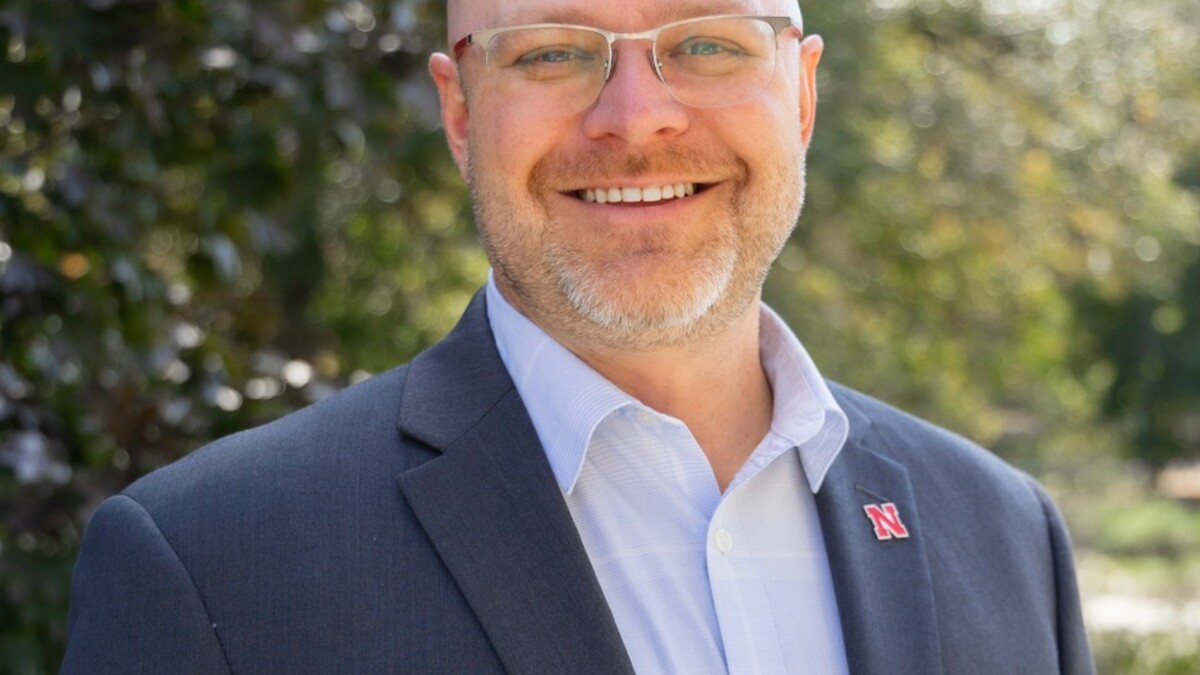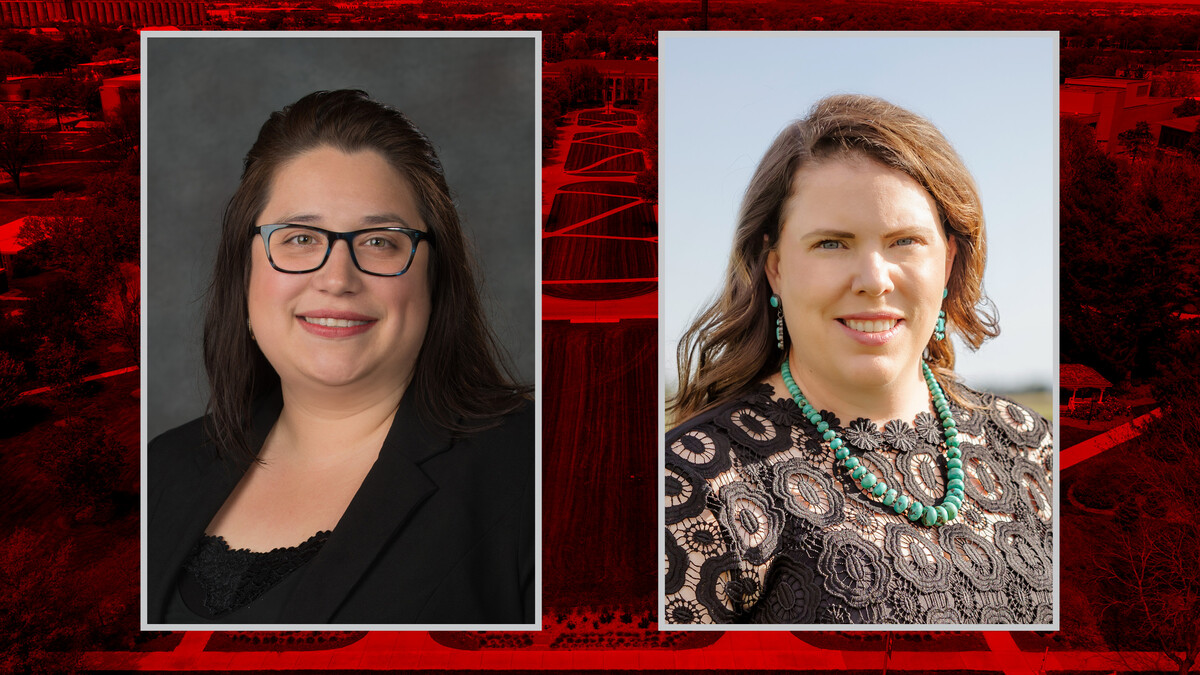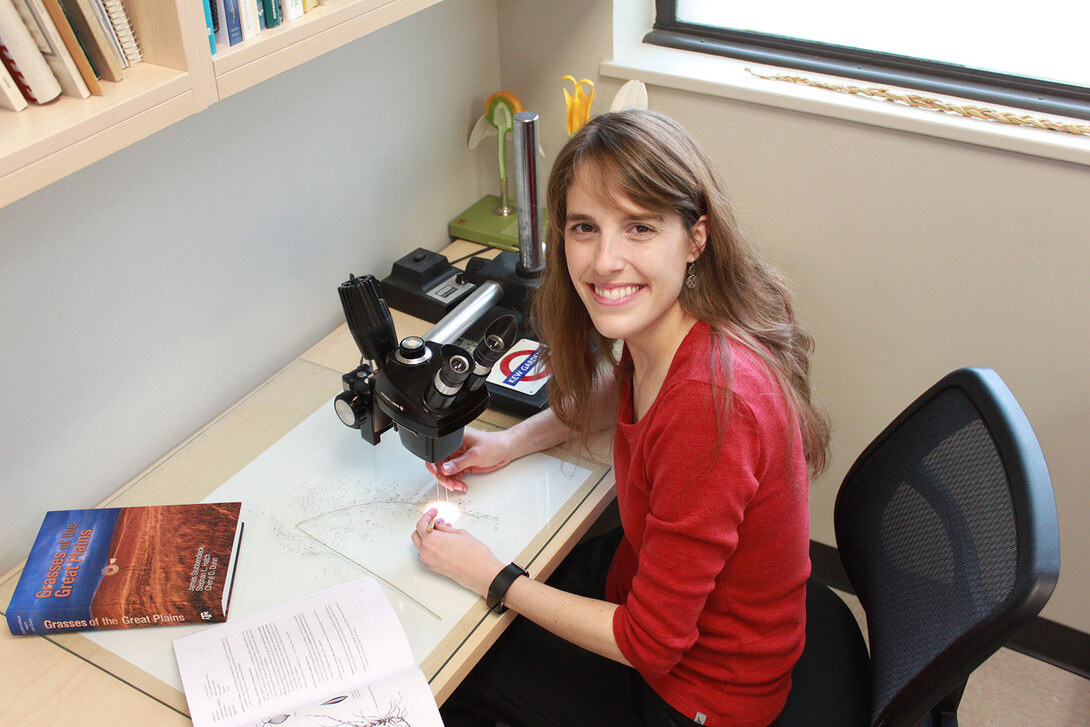
About Cheryl Dunn
I grew up in Hays, Kansas where my dad was a social worker and my mom worked at our university’s library. My dad’s family farmed in Kansas near Walton, but my mom’s family were farmers in Virginia. I have one sister who does graphic design in North Carolina for Hanes after having spent over 15 years in New York City working for Juicy Couture and Colgate. I stayed in Hays to get my biology degrees at Fort Hays State University. I met my husband in graduate school and almost 12 years later we have two daughters, Abrah and Thalia. My husband works at the Nebraska Game and Parks Commission.
What is your position at the University of Nebraska?
I am the research manager-herbarium curator for the Department of Agronomy and Horticulture. We are a large department, but I specifically work in the range, pasture, and forages group. There are three main components to my job: research, teaching, and curating. I teach three plant identification courses in the department and I also serve as the staff ombudsman.
What drew you to the University of Nebraska?
A position became available to work with James Stubbendieck, which involved everything I love to do. It was a multifaceted position that allowed me to teach and do research (in particular on the Blowout Penstemon) with someone that I admired for all that he had accomplished. Once I visited, it was not only the people, but East campus that was exactly what I was looking for to continue my career. Also, Nebraska is diverse in its ecosystems, which allows you to enjoy many different plant species. Range ecology at UNL has an impressive past with professors who have done world-renowned work, so to continue that tradition is a privilege and an honor.
What aspect of working in an educational setting do you enjoy the most?
I love my job for a couple reasons. One is being able to interact with students and provide them with information that will make them more marketable in their future careers. Plants are not usually the first love of my students, so I thrive on the challenge of making them take something they are not interested in (mostly because it is challenging) and then showing how studying hard is necessary to achieve success. To me it is about making them understand that they can learn anything (or do anything) if they work hard enough. The benefit in the end is they not only have this skill, but also the skill of plant identification. Second is the atmosphere of continual learning and pursuit of answering questions. Research provides us with ways to better understand our environment in order to improve it or improve how we interact with it. Our diverse group helps many people in Nebraska with their livelihood and it also helps wildlife. Not many jobs give you that opportunity.
What do you consider your greatest achievement?
My greatest personal achievement is my family. They are caring and loving individuals, who make the world a better place for me and others. Professionally, UNL and Dr. Stubbendieck have allowed me to publish books, articles, and teach future biologists the importance of plant identification. The ability to hold a book in your hand with your name on it or see a student get the job they always wanted is the best feeling.
What is something that most people don’t know about you?
In another lifetime I would want to work in a Biosafety Level 4 lab. I am fascinated by viral hemorrhagic fevers like Ebola, so I have read many books related to this.
What is your life like outside of work?
Both my husband and I are biologists, so we love everything outdoors and nerdy. We are determined for our kids to know plants, worms, birds, etc., so we do any activity that encourages this. We also love reading and having the occasional movie night.

